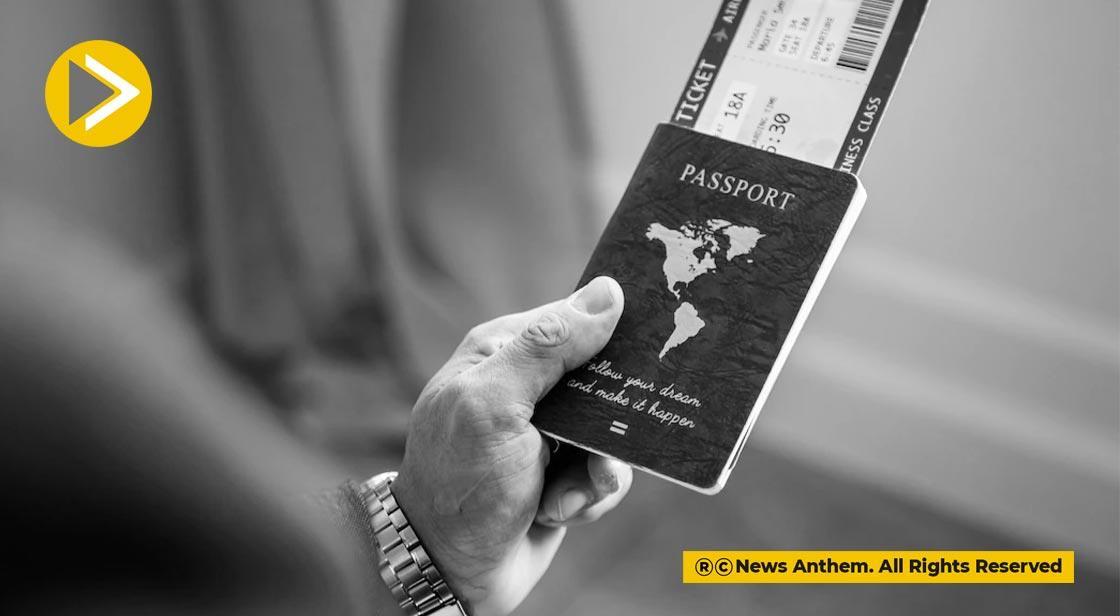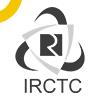Nvidia CEO: Trump’s $100,000 H-1B Visa Fee “a Great Start” but Puts American Dream at Risk

News Synopsis
Last month, U.S. President Donald Trump announced a sweeping increase in the H-1B visa fee, raising it from $1,000 to a striking $100,000. The move has sparked fierce debate within tech and immigration circles. Some see it as a bold step to prevent exploitation and misuse of the visa program; others warn it could stifle global talent inflow.
Nvidia CEO Voices Mixed Stance on Trump’s H-1B Fee Hike
Nvidia CEO Jensen Huang has offered a more measured take. While acknowledging the merits of reform, he cautions that the steep fee “risks putting the American dream further out of reach” for international talent.
What Huang Said on the BG2 Podcast
Speaking on The BG2 Podcast with Brad Gerstner and David Sacks, Huang remarked that the new policy might dissuade top international students and professionals despite its aim to curb abuse.
“It’s a great start,” Huang said, “but the $100,000 fee probably sets the bar a little too high.”
He warned that this dramatic cost increase could tilt the playing field toward large tech firms that can absorb the fee burden, leaving startups and smaller innovators at a disadvantage.
Huang acknowledged that the reform may help reduce illegal immigration or overuse of visas:
“At least it eliminates illegal immigration,” he noted, adding the caveat that “we have to be careful that it doesn’t make foreign students uncomfortable or push them away.”
As a Taiwanese immigrant who moved to the U.S. as a teenager, Huang described immigration as a core ingredient of American innovation. He called the desire of smart individuals to come to the U.S. and remain there “what I would call KPIs, early indicators of future success.”
A Shift from Earlier Comments
Huang’s more cautious tone marks a shift from prior remarks made alongside OpenAI CEO Sam Altman on a news . Back then, he said he was “glad to see President Trump making the moves he’s making,” and described immigration as “the foundation of the American dream.”
Altman had also supported the policy change, arguing that aligning incentives could streamline talent acquisition for leading firms.
In his newer comments, Huang emphasizes both the policy’s intent and its risks:
“Any move that addresses the country’s ability to attract and keep top talent is a step in the right direction,” he said. “The H-1B visa change is a good start — but it shouldn’t be the end.”**
Nvidia’s Exposure to H-1B Employment
Nvidia is one of the biggest employers of H-1B workers in the U.S. In the last fiscal year, the company filed 1,519 H-1B applications. Globally, it employs roughly 36,000 people.
Because Nvidia’s business depends heavily on global talent, Huang’s views carry both moral and strategic weight in the policy discourse.
Conclusion
Jensen Huang’s comments on Trump’s new $100,000 H-1B visa fee reflect a nuanced and principled perspective. While he supports the underlying intent of reducing misuse and illegal immigration, he warns that such a steep cost may undermine America’s ability to attract top-tier talent. Huang suggests the policy could lock out many who helped build the U.S. tech ecosystem, especially by disadvantaging startups that can’t absorb such expenses.
His framing of “the American dream” as tied to the inflow and retention of global innovators underscores a vital truth: immigration and ideas fuel progress. Nvidia’s significant exposure to the H-1B system gives his voice added credibility. Ultimately, Huang argues that visa reform should be just the beginning — not the final chapter — in creating a balanced, fair system that both protects domestic interests and keeps America’s doors open to global excellence.
You May Like









